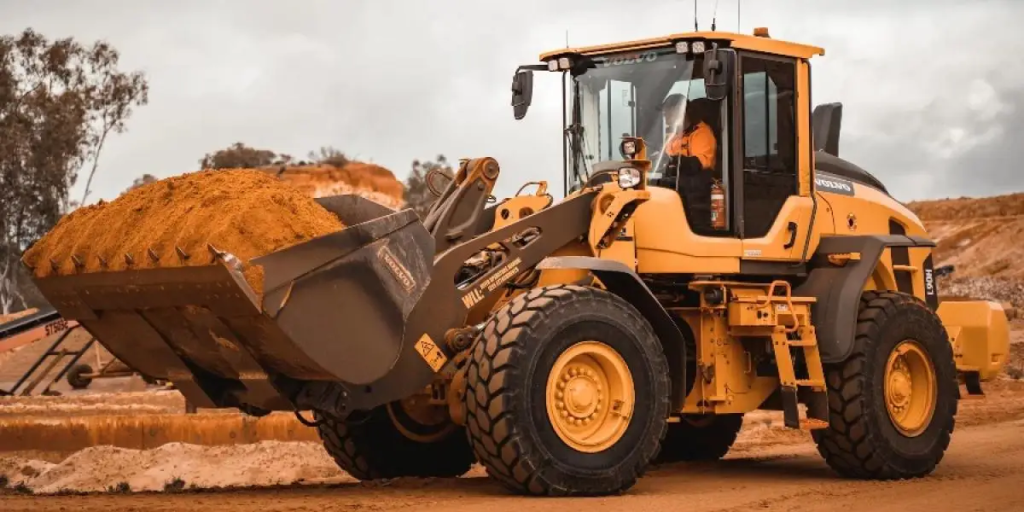When choosing an excavator for a construction project, it’s important to carefully consider the specific requirements of the job and select the most appropriate type of excavator. Here are the key factors to evaluate when selecting an excavator:

Choosing the right excavator type for your project is crucial for maximizing efficiency, reducing costs, and ensuring safety. Here’s a comprehensive guide to help you make the best selection based on your specific needs.
Factors to Consider
1. Project Size
- Small Projects: Consider mini excavators for tight spaces and limited digging.
- Medium Projects: Standard excavators are versatile and suitable for various tasks.
- Large Projects: Opt for large excavators for heavy-duty operations.
2. Terrain Conditions
- Soft or Unstable Ground: Use crawler excavators for better stability and traction.
- Paved Surfaces: Wheeled excavators offer faster mobility on solid ground.
- Rough Terrain: Choose long reach excavators for extended reach and access.
3. Type of Work
- Landscaping and Utility Installation: Mini and standard excavators work well.
- Heavy Earthmoving or Mining: Large excavators are necessary for high volumes.
- Specialized Tasks: Consider suction excavators for precision work or specialty excavators for niche applications.
4. Budget
- Initial Cost: Mini excavators are generally more affordable compared to larger ones.
- Operating Costs: Factor in fuel consumption, maintenance, and potential downtime.
5. Attachments and Versatility
- Determine what attachments (buckets, breakers, etc.) you may need for your tasks.
- Ensure the excavator you choose can accommodate these attachments.
6. Transport and Mobility
- If the job site requires frequent movement, consider wheeled excavators for their ease of transport.
- For stationary tasks, crawler excavators provide better stability.
1. Job Requirements
The first step is to assess the specific tasks and conditions of the job site. Consider the following:

- Excavation depth and reach required
- Soil/terrain conditions (soft, hard, uneven, etc.)
- Need for mobility or stability
- Intended uses (digging, demolition, material handling, etc.)
- Accessibility and space constraints
Matching the excavator type to the specific job requirements is crucial for efficient and safe performance.
2. Excavator Size and Power
Excavators come in a wide range of sizes, from compact mini-excavators to large heavy-duty models. Choose a size that can handle the maximum load and digging depth needed, while also considering access to the job site. Larger excavators generally offer more power and lifting capacity but may not be suitable for confined spaces.
3. Terrain and Mobility
The terrain and accessibility of the job site will impact the choice between crawler or wheeled excavators. Crawler excavators provide superior traction and stability on soft, uneven, or rough terrain. Wheeled excavators are more maneuverable and faster on paved surfaces.
4. Attachments and Versatility
Excavators can be equipped with a variety of specialized attachments like buckets, breakers, grapples, and more. Consider the need for versatility and the ability to quickly change attachments to handle different tasks.
Summary Table of Excavator Types
| Excavator Type | Weight Range | Best For | Key Features |
|---|---|---|---|
| Mini Excavators | < 10 tons | Small projects, confined spaces | Compact, versatile attachments |
| Standard Excavators | 10 to 50 tons | General construction | Balanced performance, multiple tools |
| Large Excavators | > 50 tons | Heavy-duty tasks | High lifting capacity, powerful engine |
| Crawler Excavators | Varies | Uneven terrain | Stability, traction |
| Wheeled Excavators | Varies | Urban construction, fast mobility | Mobility, speed |
| Long Reach Excavators | Varies | High or deep excavation | Extended reach |
| Suction Excavators | Varies | Delicate excavation | Precision, efficiency |
| Specialty Excavators | Varies | Niche applications | Tailored design |
types of diggers
Conclusion
Selecting the best excavator type depends on various factors, including project size, terrain conditions, type of work, budget, and required versatility. By evaluating these criteria, you can ensure you choose the right excavator to meet your specific needs efficiently and effectively. If you need further assistance or have specific questions, feel free to ask!